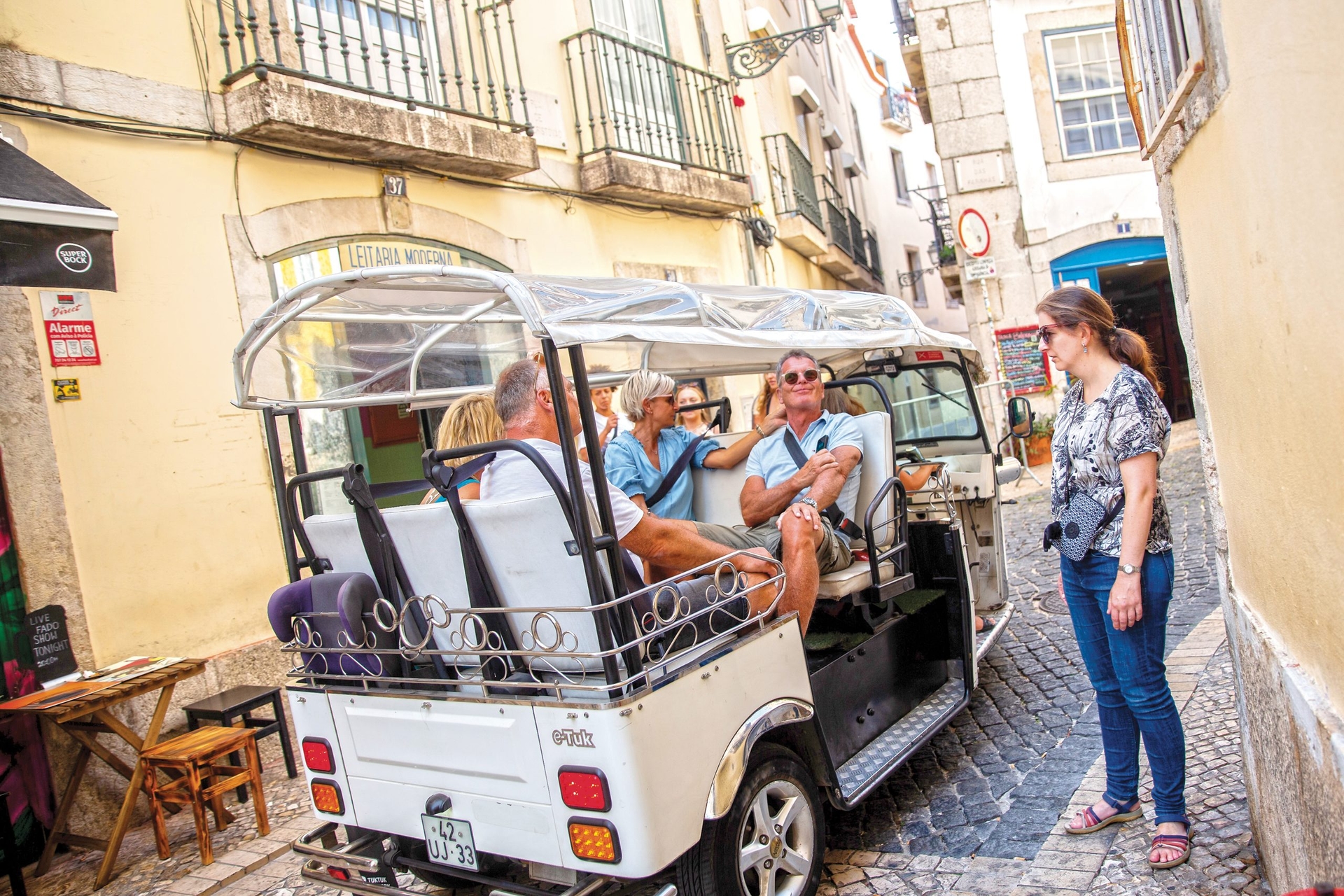Tourism. ANAV anticipates structural advances in the sector and calls for greater ambition from the Government.

ANAV – National Association of Travel Agencies – welcomed the recognition, in the 2026 State Budget, of tourism as a strategic sector of the Portuguese economy, arguing that “the reinforcement of Portugal's international promotion, investments in air connectivity and digitalization and sustainability initiatives are some of the positive measures that were included in the package recently presented by the association to the Assembly of the Republic”.
However, the association says that the document “does not fully respond to the challenges of travel agencies, which constitute the backbone of national tourism distribution”, considering that “gaps persist in essential areas, such as company liquidity, tax simplification, support for domestic tourism and professional training”.
"The government demonstrates vision by strengthening the internationalization and sustainability of the sector, but it still lacks a concrete response to the operational needs of travel agencies, which are the ones who bring tourism to the field," says Miguel Quintas, president of ANAV.
ANAV notes that, of the 10 measures presented to the Government, six are partially aligned with the 2026 State Budget. "This alignment is evident in the areas of digitalization, sustainability, international promotion, and regional tourism."
It should be noted that the 10 measures include tax incentives for digitalization — a 120% corporate income tax benefit; a VAT reduction on intermediation services (13% on commissions); support for internationalization (an annual line of €5 million); the National Youth Voucher Program (€150 per young person); funded training programs (€4 million per year); incentives for sustainability (€3 million per year); a review of taxation on rappels and commissions; credit lines with mutual guarantees (€5 million with subsidized interest); support for qualified employment (a two-year exemption from TSU); and a subsidy for domestic tourism (€50 million, via RNAVT agencies).
"We want to work together with the Government to ensure that the next amended budget includes measures with a direct impact, such as subsidizing domestic tourism, creating a reimbursable line of credit for travel agencies, and formally representing ANAV in regional tourism development programs," adds Miguel Quintas.
Jornal Sol





